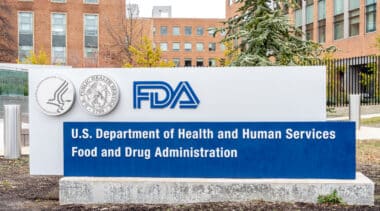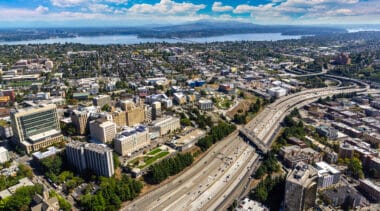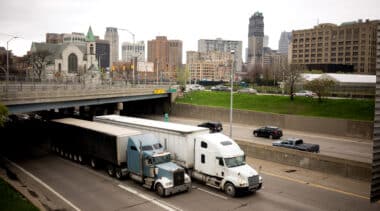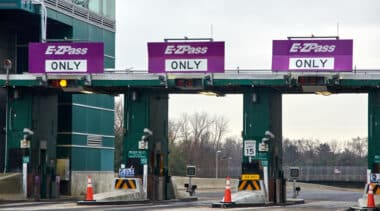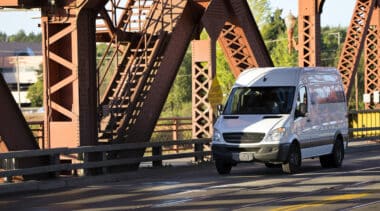Policy Briefs
View all policy studies.-
Best practices in hybrid retirement plan design
The recent shift toward offering hybrid plans to newly hired government employees suggests that governmental employers may be changing their perceptions of the balance of financial risk between employees and employers.
-
Modernizing the passenger facility charge to improve aviation
Modernizing the passenger facility charge would improve airports and increase airline competition.
-
The impact of cash flow on public pensions
This policy brief uses the Montana Public Employee Retirement System (PERS) as a case study to illustrate the principles and importance of conducting a cash flow analysis of public pension plans.
-
How to reform the FDA
Reimagining pharmaceutical regulation, so it better serves society’s needs by encouraging widespread availability of life-saving drugs at lower prices.
-
Best practices for cost-of-living adjustment designs in public pension systems
Striking the proper balance between cost, risk, and benefits in a way that works for both employees and employers.
-
Converting high occupancy vehicle lanes to high occupancy toll lanes or express toll lanes
This brief examines why and how high-occupancy vehicle lanes are converted, how much the conversions cost, and how high-occupancy toll and express toll lanes have performed.
-
How Washington state can transition from the gas tax to road usage charges
This brief suggests a policy framework for developing a road usage charge program in Washington and an implementation order that builds on systems already in place on the state’s major highways.
-
Replacing Michigan’s gas tax with mileage-based user fees
A transition from per-gallon fuel taxes to a mileage-based user fee system should be considered as a strategy to ensure adequate road funding for Michigan’s future.
-
Examining the causes of induced demand and the future of highway expansion
The most effective method for reducing induced demand is to implement pricing on highways.
-
K-12 funding in Tennessee: A student-centered approach
By adopting a student-centered funding model, Tennessee would replace the state's outdated education finance system that lacks transparency and local control.
-
What Kratom and delta-8 THC illustrate about substance regulation and criminalization
Substances like delta-8 and kratom are new entrants into what has become an “underground” market for “legal” buzzes and highs.
-
Fuel tax rebates for newly tolled Interstates: A quantitative assessment
The purpose of this policy study is to assess the feasibility of providing fuel tax rebates for miles driven on reconstructed Interstates financed by toll revenues.
-
Vanpools: The forgotten mode of mass transit
Vanpools are a high-quality, low-cost mass transit option.
-
A primer on carbon taxes
Examining claims that replacing existing regulations, subsidies, and tax expenditures with a carbon tax would more cost-effectively achieve emissions-reductions goals.
-
Examining excess deaths, years of lives lost, and other health consequences during the COVID-19 pandemic
"The non-COVID death toll that has accompanied the pandemic is large, well into six digits."
-
Federal law unconstitutionally prohibits medical marijuana users from possessing firearms
To prevent violations of the Second and Fifth Amendments, Congress should amend the Gun Control Act of 1968 to permit an exception for legal medical marijuana use.
-
Pathways and policy for 21st-century freight rail
The successful development and deployment of automation technologies in the future is key to ensuring freight rail’s ongoing success.



